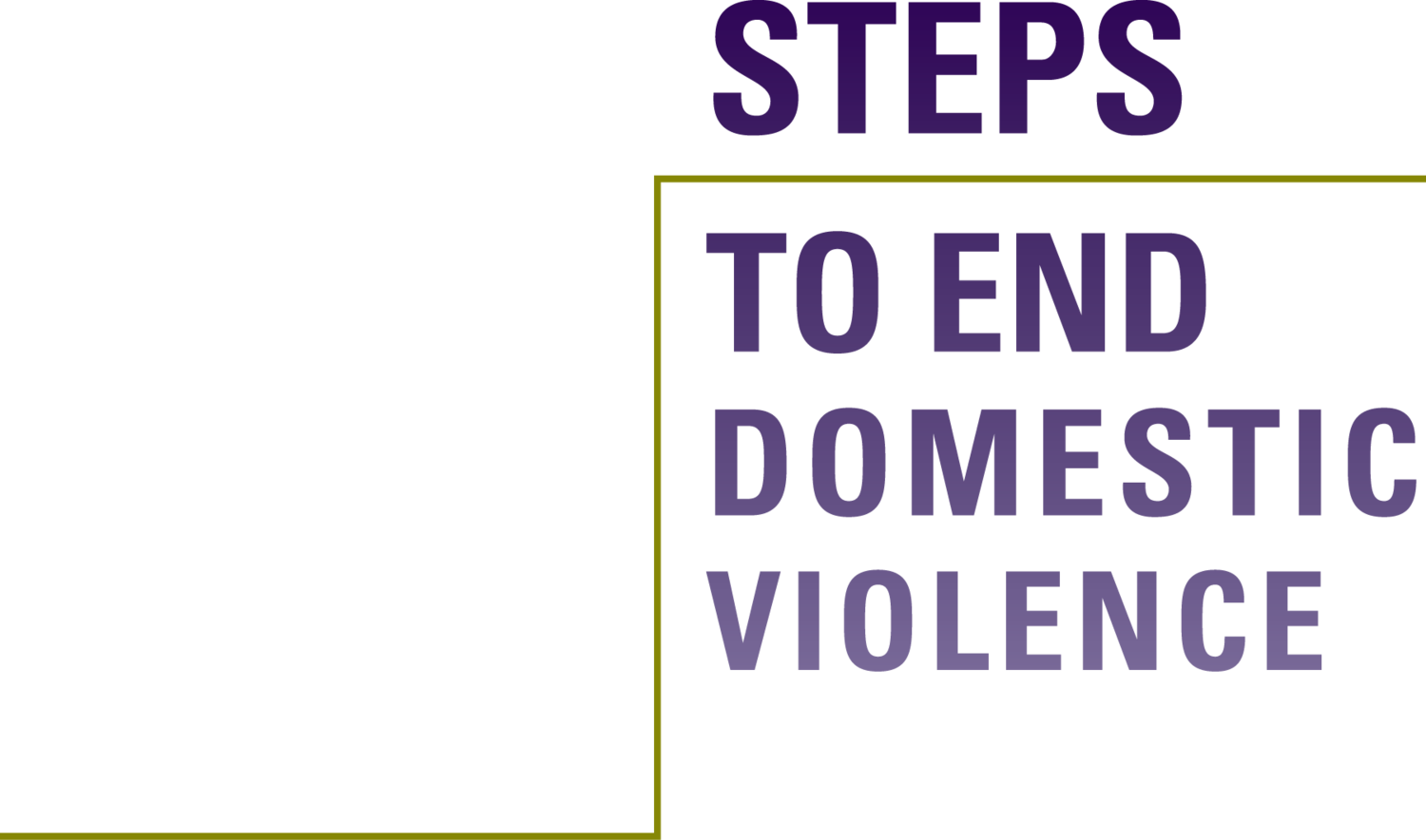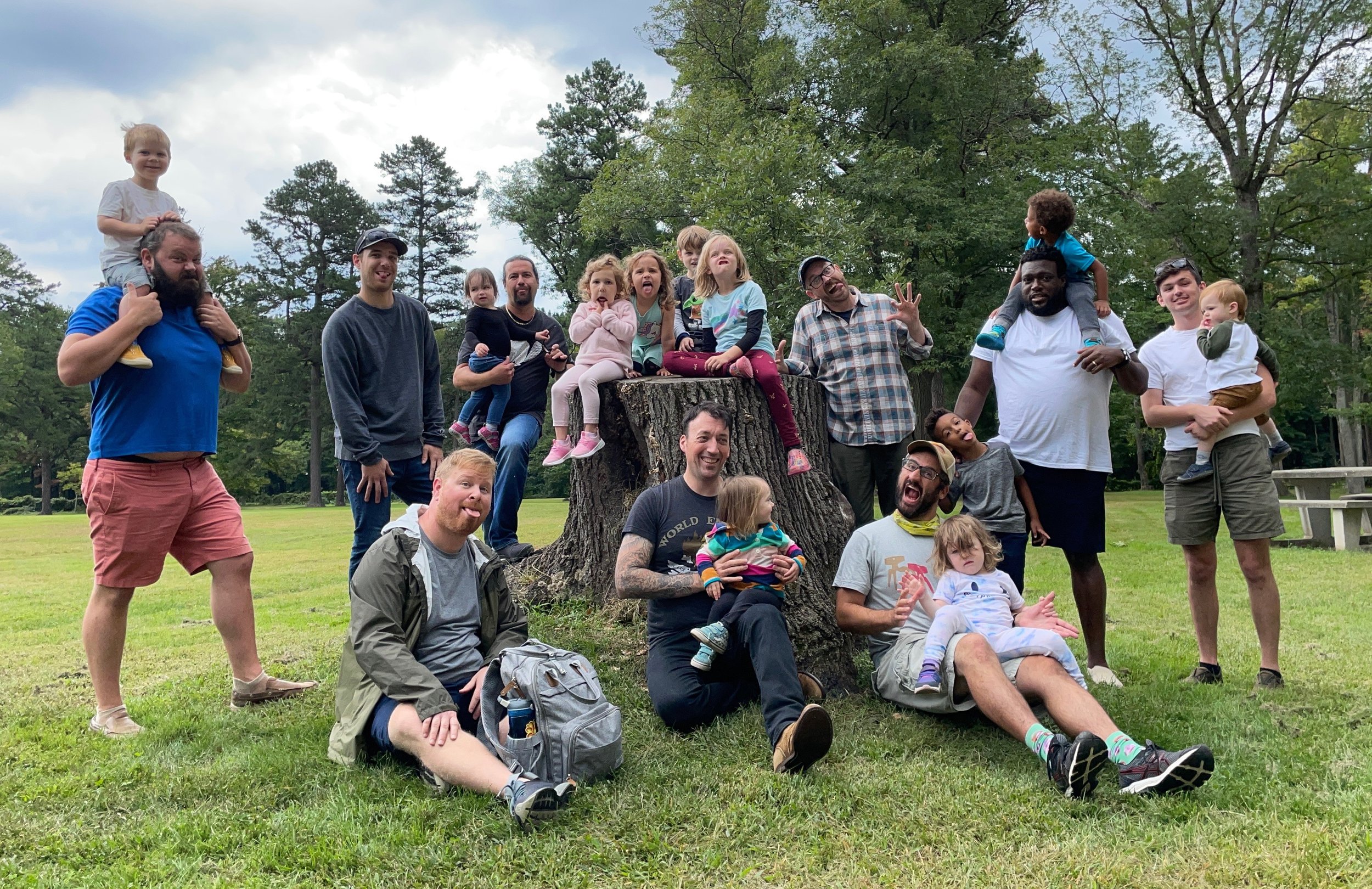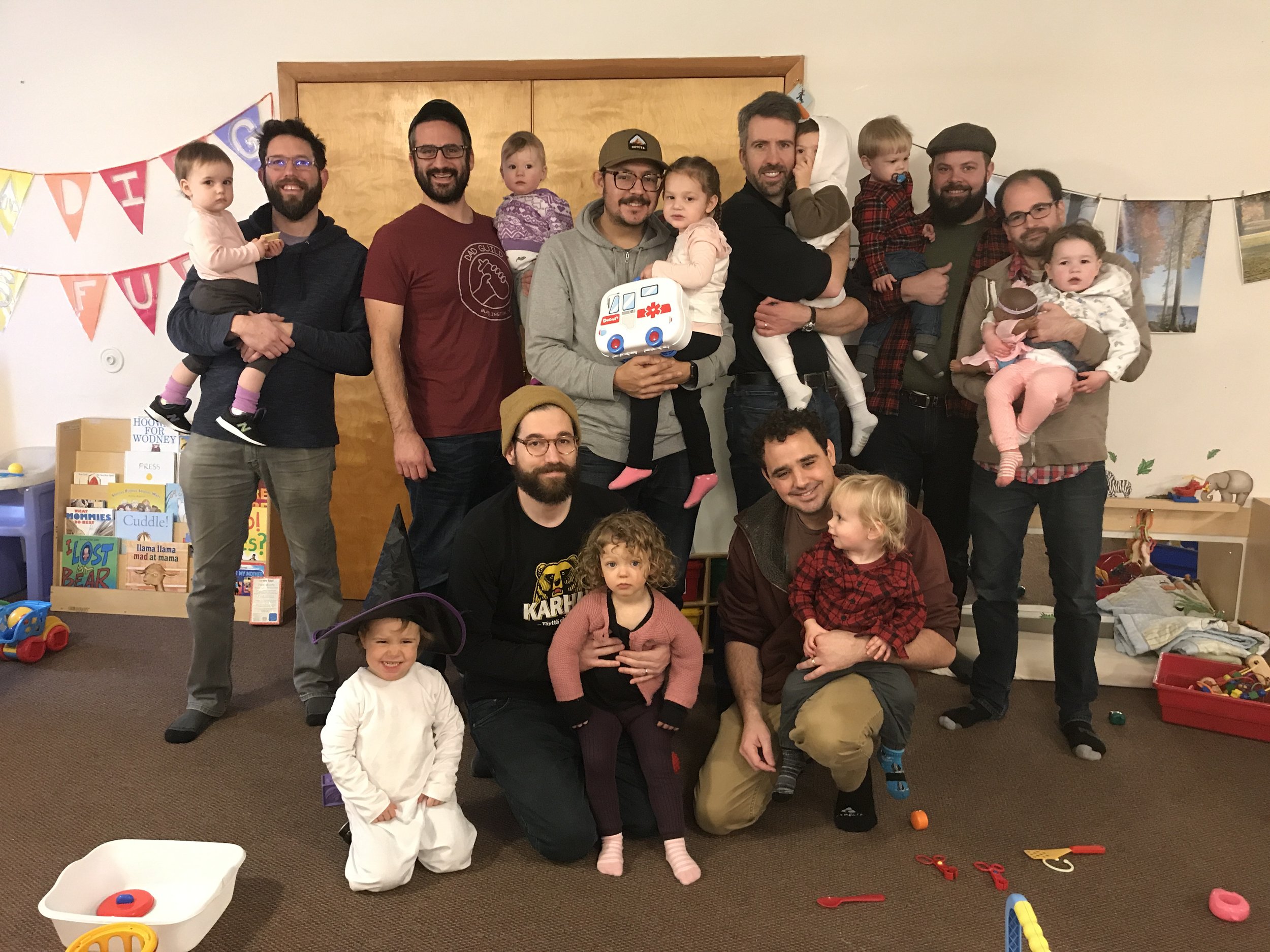Dad Guild is a Vermont-based 501(c)(3) nonprofit organization that engages father figures in their caregiver roles. The organization uses a multifaceted approach to fatherhood engagement, including activities with and without children, virtual and in-person programming, and a variety of platforms for peer support.
Since its founding in early 2019, Dad Guild has developed and implemented over 600 hours of programming, and has established a network of over 800 fathers, the largest of its kind in the State of Vermont!
For this Father’s Day, we wanted to take some time and look into how a father figure can play a vital role in fostering and modeling healthy relationships for their kids. So we reached out to Patrick Lucey from Dad Guild and spoke about his story of becoming a new parent and his journey with discovering the “cognitive load”, how he adjusted his parenting behaviors, and how it shaped his relationship with his family.
Keep scrolling to read Patrick’s story and head to dadguild.org to learn more about how to get involved and join their Father’s Day Celebration!
Communicating to share the cognitive load
Communication is key to a healthy relationship. Whether with parents, partners, or children, making the effort to talk and listen is important. This creates the shared awareness needed to thrive. However, one of the biggest lessons I have learned is to be aware of how communication can frame expectations and roles in a relationship.
When my wife and I had our first child we went through the typical chaotic whirlwind all parents of a newborn do. During this time I would often say to my wife “let me know what I can do!” “Just tell me what to do.” I thought I was being present and helpful. I was not.
One day my wife shared with me an online comic titled The Mental Load. “This is why saying you want to be helpful is not helpful,” she said. Reading the comic was a true ‘light bulb’ moment for me. The comic illustrates how one partner saying “I am ready to help, tell me what to do” forces the other into the role of ‘project manager.’ It places the responsibility of planning on them. They must be the ones to think about the status of all chores and errands and be ready to dole them out accordingly. Other resources sometimes refer to this concept as the “cognitive load.”
My wife and I were both exhausted with our newborn. I thought my regular communication was easing her burden. But instead it was adding to it. After our discussion I made the decision to speak less with words – asking less questions – and more with actions. Just be helpful. Notice my child getting too big for their current onesies? I order new ones online. Notice a stain on the crib sheets? I strip the bed and wash them. Notice my child starting to teeth? I research and buy teething relief toys.
We adjusted how we communicate to a frame that better supports co-equal caregiving responsibilities. Where before I asked what to do, now I share what I have done. Some online tools can help too. My wife and I use an app that can sync grocery lists across devices – each of us adds items to the shopping list from laptops, and each of us checks the list on our phones whenever one of us is in the store.
The epiphany I had while reading The Mental Load is also one of the reasons I was drawn to the non-profit Dad Guild, whose mission is: “support and empower fathers by offering opportunities for connection, education, and community engagement.” It was a place where I could talk with other dads about what it means to be a more engaged caregiver. While the gender gap has been closing, as a society we are still not close to gender equality when it comes to who bears the responsibility for managing a household.
I always recoiled at the sitcom show dad stereotype - the benign but usually distant and always clueless parent. One is who is only helpful reactively. After discussions with my wife, and now joining the conversation at Dad Guild, I am trying to model being a dad who is a more proactive caregiver. Communication is always key. But one must not forget, especially in a relationship between parents of a young child, to not always communicate just with words but communicate with actions too.




